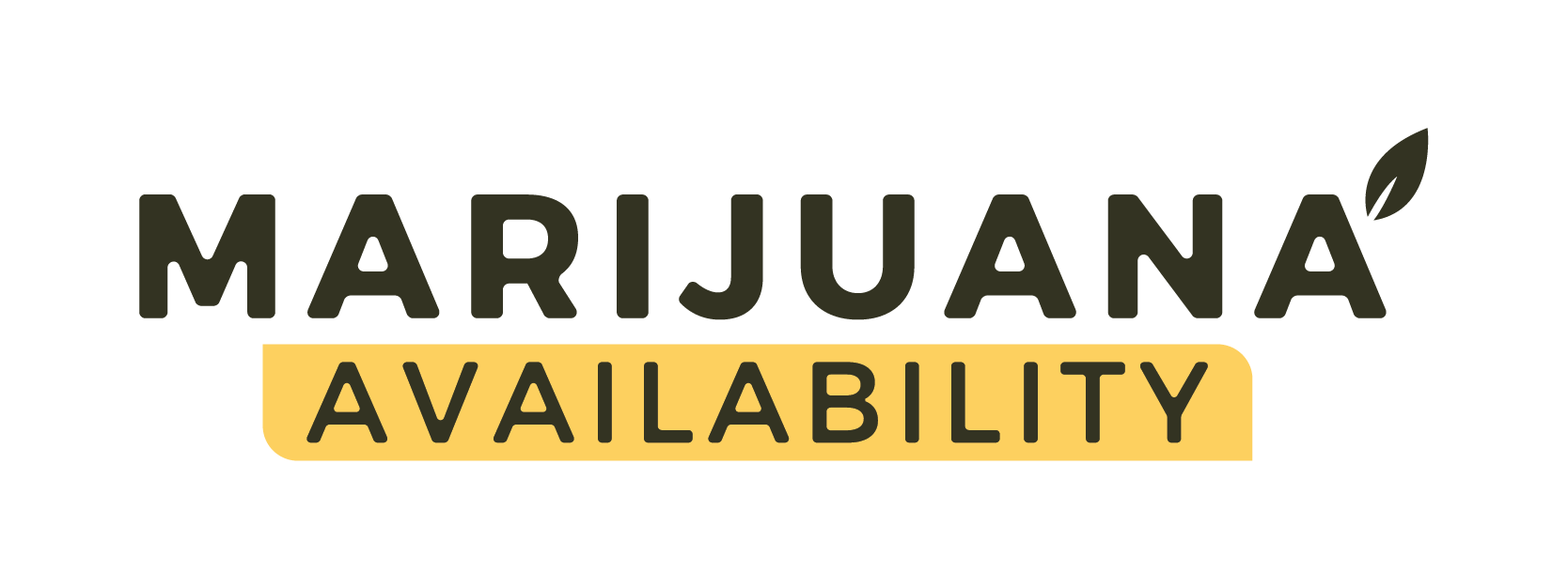Hemp-derived intoxicating beverages—such as THC-infused seltzers, sodas, and teas—have surged in popularity across the U.S., promoted as alcohol-free alternatives that offer a cannabis-like buzz without the smoke. However, their rapid emergence has sparked confusion, concern, and controversy. The primary reason? These products operate in a legal gray area, exposing consumers to unregulated psychoactive substances and leaving states scrambling to catch up.
What Are Intoxicating Hemp Beverages?
These beverages are made using cannabinoids like delta-9 THC, delta-8 THC, or THC-O, synthesized from hemp plants containing less than 0.3% delta-9 THC by dry weight, as permitted under the 2018 Farm Bill. While hemp is federally legal, these drinks can still produce intoxicating effects similar to marijuana. This loophole has allowed them to bypass traditional cannabis regulations, leading to widespread availability in gas stations, grocery stores, and online retailers—even in states where recreational marijuana remains illegal: lumalexlaw.com
The Root of the Confusion
The core issue lies in the legal ambiguity created by the 2018 Farm Bill. It legalized hemp and its derivatives, provided they contain no more than 0.3% delta-9 THC on a dry weight basis. However, this has led to the proliferation of products that can deliver psychoactive effects while being marketed alongside or as alternatives to alcohol. This legal gray area has resulted in a patchwork of regulations across the country, with each state approaching the issue differently: pmc.ncbi.nlm.nih.gov
Public Health and Safety Concerns
The lack of federal oversight has raised significant public health concerns. These include:
- Inconsistent Labeling: Many products are mislabeled, with some containing higher levels of THC than advertised.
- Youth Access: The appealing packaging and easy availability increase the risk of underage consumption: thecut.com
- Health Risks: There have been reports of adverse health effects, including intoxication and cognitive impairment, associated with these products: thecut.com
The Regulatory Patchwork
States have responded in varied ways: alcohollawadvisor.com
- Texas: Legislation like Senate Bill 3 seeks to ban all hemp products containing any level of THC, which could jeopardize the state’s hemp industry.
- Alabama: New laws permit the sale of hemp-derived products but impose limits on THC content and restrict sales to certain venues.
- Minnesota: The state has explicitly legalized hemp-derived THC products, including beverages, with specific limits on THC content per serving and package: vicentellp.com
This inconsistent regulatory landscape creates confusion for consumers and challenges for businesses operating across state lines.
Industry Perspectives
The alcohol industry is divided on the issue. Some see hemp-derived beverages as a growth opportunity amid declining alcohol sales, while others fear competition and support stricter regulations: expressnews.com
Advocates argue that these products offer a safer alternative to alcohol and provide essential medical relief, especially in states with restrictive medical marijuana programs.
The Path Forward
The rise of intoxicating hemp beverages underscores the need for clear, consistent regulations that balance consumer safety with industry innovation. Potential steps include: mysanantonio.com
- Federal Oversight: Implementing nationwide standards for testing, labeling, and marketing.
- Age Restrictions: Ensuring products are sold only to adults: apnews.com
- Public Education: Informing consumers about the effects and risks associated with these products.
Without comprehensive regulation, the market will continue to operate in a legal gray area, posing risks to public health and creating challenges for law enforcement and businesses alike.*
